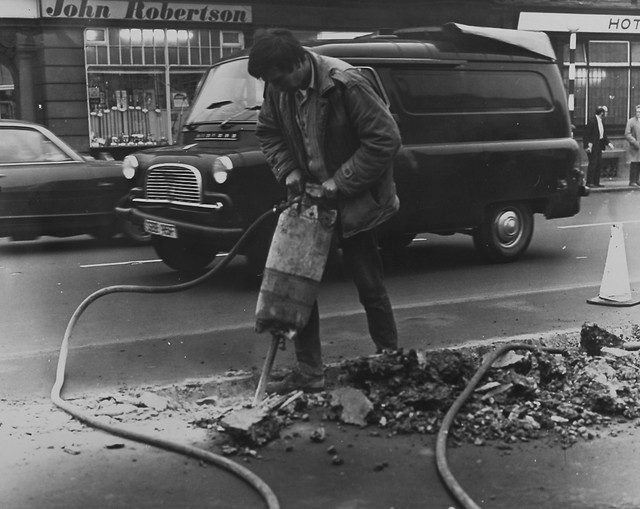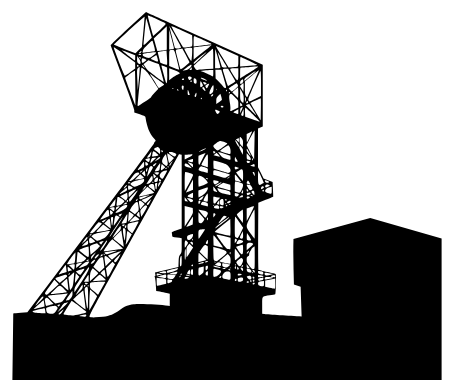Topics > Industry and Work > Mining > The lads belaw - Historical Account
The lads belaw - Historical Account
Extract from: The Life of George Stephenson and of his son Robert Stephenson, by Samuel Smiles, 1881.
The pitmen, or "the lads belaw," who work out the coal below ground, are a peculiar class, quite distinct from the workmen on the surface. They are a people with peculiar habits, manners, and character, as much so as fishermen and sailors, to whom, indeed, they bear, in some respects, a considerable resemblance. Some fifty years since, they were a much rougher and worse educated class than they are now; hard workers, but very wild and uncouth; much given to "steeks," or strikes; and distinguished, in their hours of leisure and on pay-nights, for their love of cock-fighting, dog-fighting, hard drinking, and cuddy races. The pay-night was a fortnightly saturnalia, in which the pitman's character was fully brought out, especially when the "yel" [ale] was good. Though earning much higher wages than the ordinary labouring population of the upper soil, the latter did not mix nor intermarry with them, so they were left to form their own communities, and hence their marked peculiarities as a class. Indeed, a sort of traditional disrepute seems long to have clung to the pitmen, arising perhaps from the nature of their employment, and from the circumstance that the colliers were among the last classes enfranchised in England, as they were certainly the last in Scotland, where they continued bondmen down to the end of last century. The last thirty years, however, have worked a great improvement in the moral condition of the Northumbrian pitmen; the abolition of the twelve months' bond to the mine, and the substitution of a month's notice previous to leaving, having given them greater freedom and opportunity for obtaining employment; and day-schools and Sunday-schools, together with the important influences of railways, have brought them fully up to a level with the other classes of the labouring population.
From the Gin to the Newcomen Engine < Smiles, 1881 > Staiths on the Tyne









